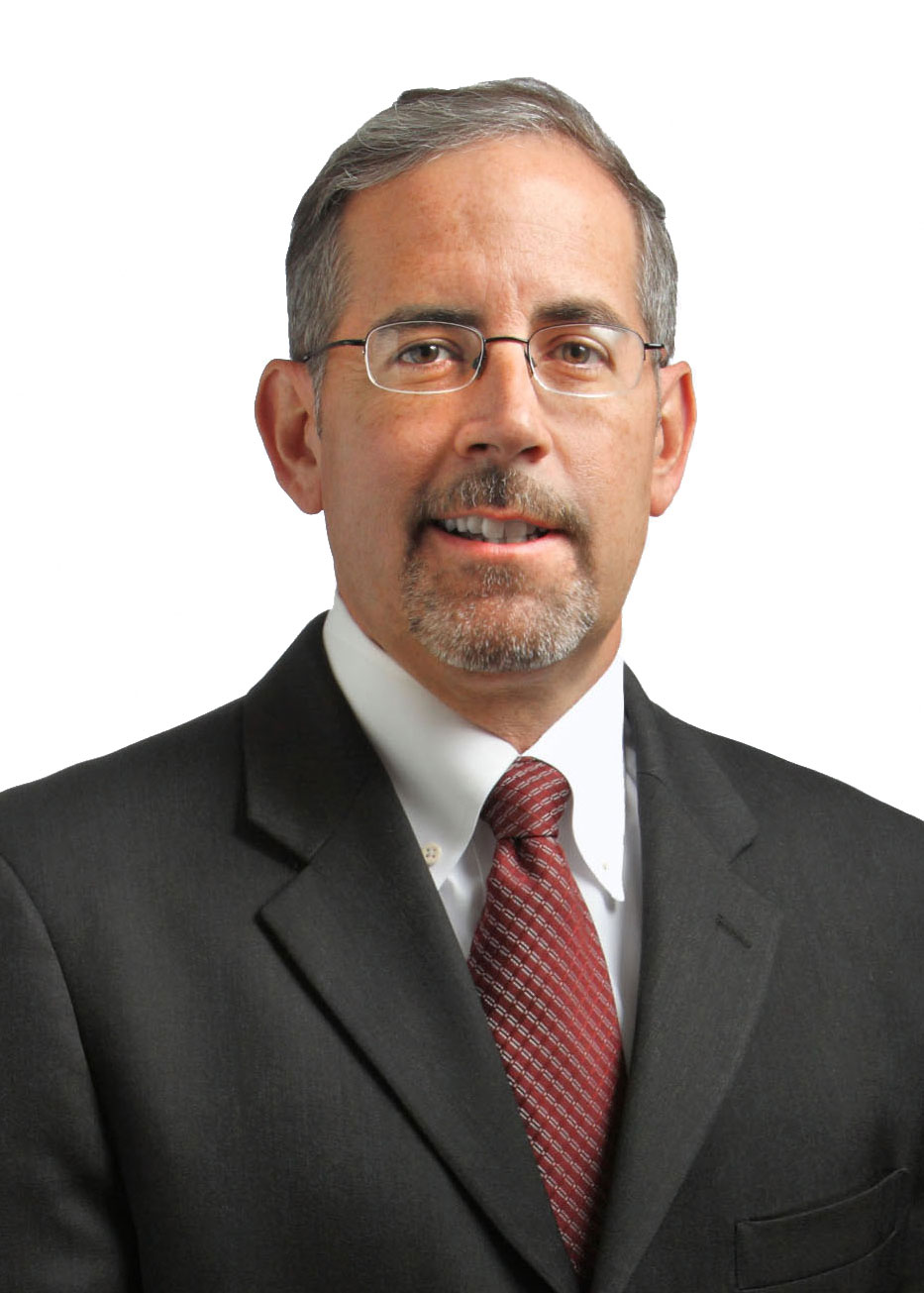 Image courtesy of John Ybarra
Image courtesy of John YbarraBefore there was a College of Communication, there was a major in communication—a branch of learning
John Ybarra (CMN ’84) had never heard of when he enrolled at DePaul in 1979.
“I didn’t even know what communications was as a field or a discipline. I think it was just coming into its own at that time,” says Ybarra. He started as a double major in English and history at what was then the College of Liberal Arts and Sciences, but “I kept gravitating toward the prelaw program and communications classes.”
Eventually, he declared himself a communication major. “At the time, communications spoke to me in terms of skill sets, not only what I would need as a lawyer, but what I would need for anything. To communicate reason and be persuasive are at the heart of communication then and now.”
Ybarra pursued his dream of law school and is now a shareholder in the Chicago office of Littler, a global labor and employment law firm, where he advises and represents clients in employment and labor relations, with particular emphasis on wage-and-hour and compensation disputes. He puts his communication skills to work in courtrooms across the country, litigating large class actions and managing teams of lawyers who defend employers in wage-and-hour, wrongful discharge and discrimination cases. He also trains managers on topics such as discrimination and sexual harassment prevention.
“The art of communications, mass media, all the types of things that are useful now, were useful for me to get into law school, for me to succeed in law school, and for me to be a lawyer,” he says.
Ybarra’s life trajectory exemplifies the American Dream and DePaul’s mission. “I came from a working-class background, Catholic. Neither of my parents graduated from high school. In fact, my father started off as a migrant farm worker in Texas and California,” Ybarra reflects. “He was drafted in the ’50s and went off to Europe. He came back with his eyes open and did not go back to the fields; instead, he got a craft and became a butcher.
“My mother came from rural Michigan and had gone as far as the 11th grade. When I started working my way through high school, they knew very, very little about universities, but they knew the Catholic university touchstones,” he recalls. “They were very pleased when I was accepted at DePaul and got a scholarship.”
Ybarra’s wife, Karen, did not attend DePaul (“she was a DePaul girlfriend”), but “she was impressed with the fact that I obviously enjoyed myself and that DePaul was very flexible for an urban student. I could work and go to class, and have everything Chicago offered all in one spot.” Thus, when Ybarra wanted to share his career good fortune with his alma mater, she wholeheartedly supported funding the Ybarra Family Scholarship for communication students. They both believe in “paying it forward” so that this generation gets the opportunities that Ybarra’s experiences at DePaul generated.
Ybarra credits his communication education with providing him with a solid foundation. “As a field, as a course of study, it provides you with a great start in life,” he says. “It’s very fulfilling in your personal life as well as your professional life.”
Originally published in
Conversations (Fall 2019).